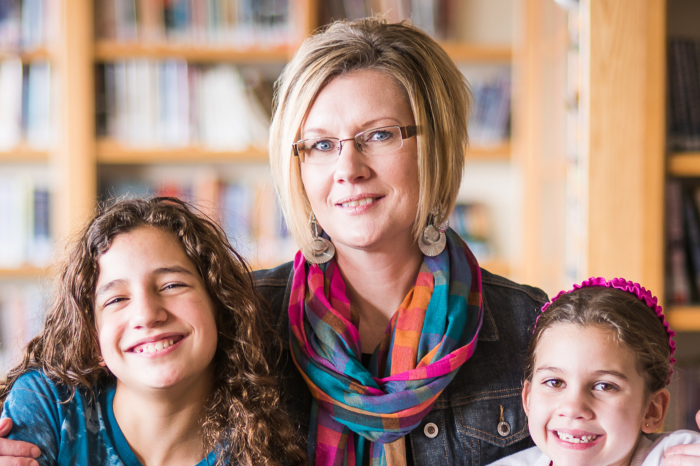Public Statement: Pioneer Institute Applauds U.S. Supreme Court Ruling in Espinoza School Choice Case
Pioneer Institute applauds today’s U.S. Supreme Court decision striking down a bigoted state constitutional amendment in Espinoza v. Montana Department of Revenue. Like Massachusetts, Montana is among nearly 40 states with so-called anti-aid amendments, which have roots in 19th century anti-Catholic, anti-immigrant discrimination.
Read Pioneer’s amicus brief.
Kendra Espinoza, a single mom from Montana, sought a better education for her daughters. In public school, one daughter was bullied and the other struggled academically. Both would later thrive in a parochial school. After the Montana Supreme Court struck down her state’s education tax credit program, Ms. Espinoza was denied access to the scholarships her children badly needed.
The basis for the Montana court’s decision was the now discredited anti-aid amendment in the state constitution. These provisions in Montana and other states represent distinct but formidable legacies of a dark, bigoted chapter of history that still limits educational opportunities for students and families who need them most.
Nationally, over 250,000 largely poor and minority students benefit from private-school choice through education tax credits. Today’s ruling makes it possible for many more students to benefit.
“The Espinoza family has been courageous in taking on its own government’s clear bias,” said Jamie Gass, director of Pioneer’s educational research and programming. “The coming generation of students in Montana and many other states will benefit greatly from that courage—and Kendra’s desire to do what is best for her children educationally.”
Pioneer submitted an amicus curiae in support of Kendra Espinoza. Prior to that, Pioneer submitted an amicus brief urging the Supreme Court to hear the case. Last year, Pioneer hosted Kendra, her two daughters, and her attorney from the Institute for Justice, Erica Smith, all of whom appeared at two events in Boston. For well over a decade Pioneer Institute has highlighted this important legal and educational topic through research, events, op-eds, and a documentary film.
Justice Alito cited Pioneer’s amicus brief in his concurrence.
“Now comes the test for the legislature and the hundreds of parochial, Jewish Day and other private schools in Massachusetts,” said Jim Stergios, Pioneer’s executive director. “Will the legislature have the self-reflection to understand the troubling bias they have aided and abetted for over a century? Will the private schools demand the equal access to students clearly articulated in the Espinoza decision?”
Get Updates on Our School Choice Research
ABOUT PIONEER
Mission
Pioneer Institute develops and communicates dynamic ideas that advance prosperity and a vibrant civic life in Massachusetts and beyond.
Vision
Success for Pioneer is when the citizens of our state and nation prosper and our society thrives because we enjoy world-class options in education, healthcare, transportation and economic opportunity, and when our government is limited, accountable and transparent.
Values
Pioneer believes that America is at its best when our citizenry is well-educated, committed to liberty, personal responsibility, and free enterprise, and both willing and able to test their beliefs based on facts and the free exchange of ideas.
Related Research















